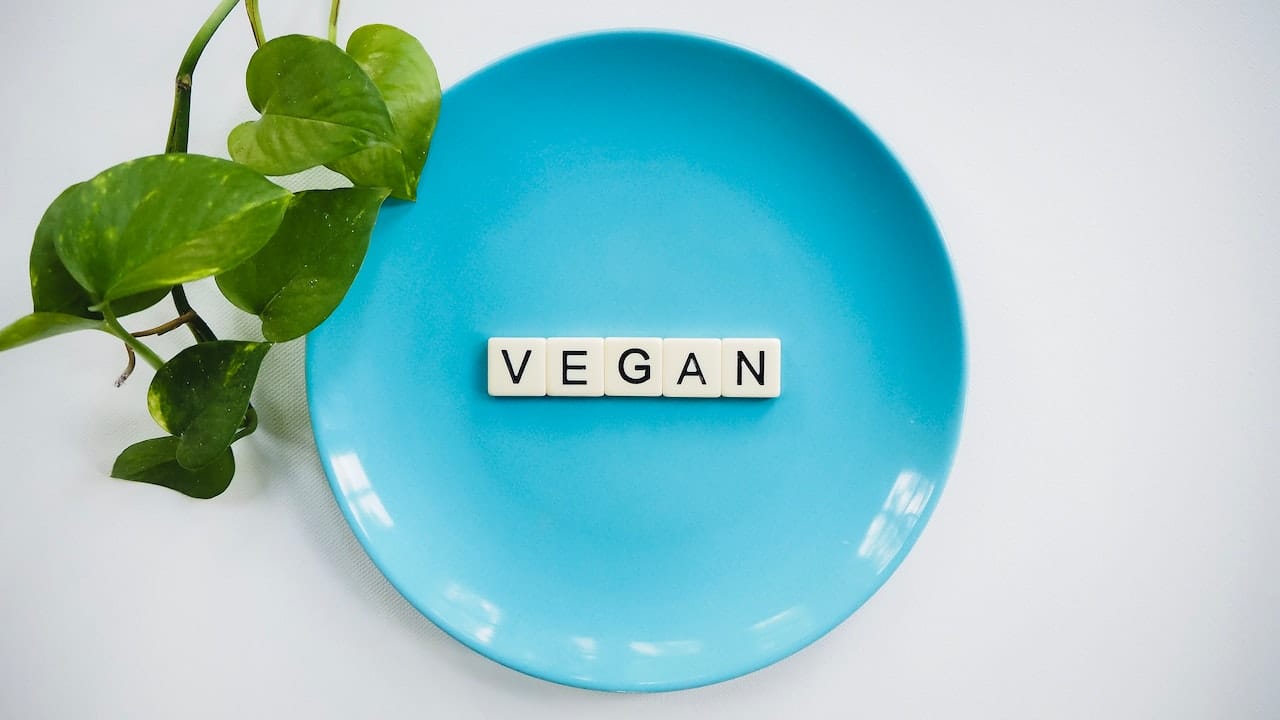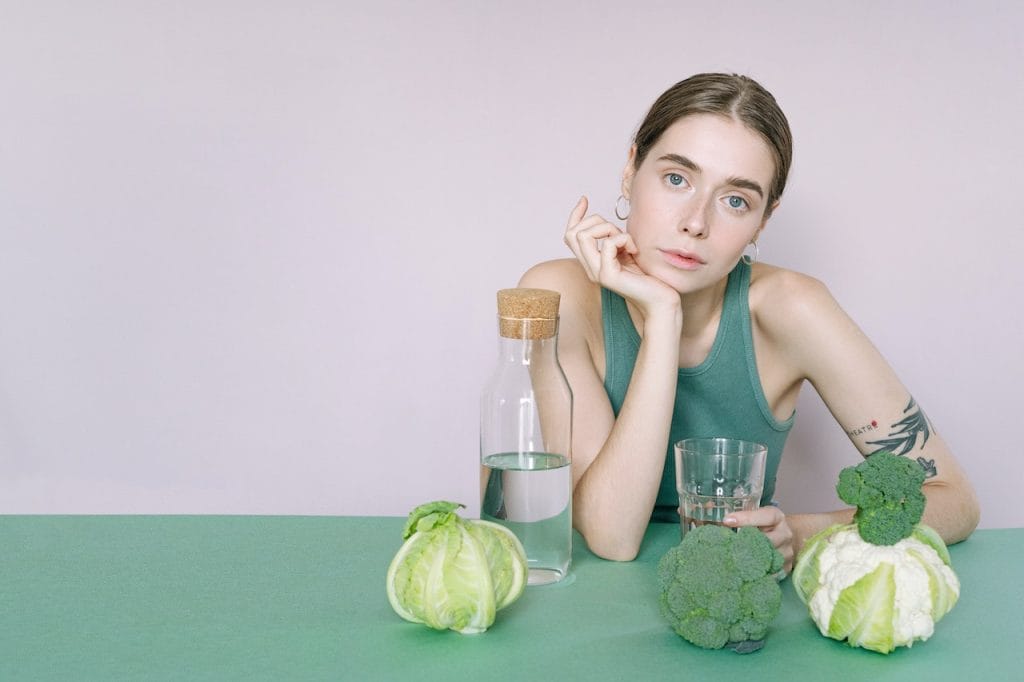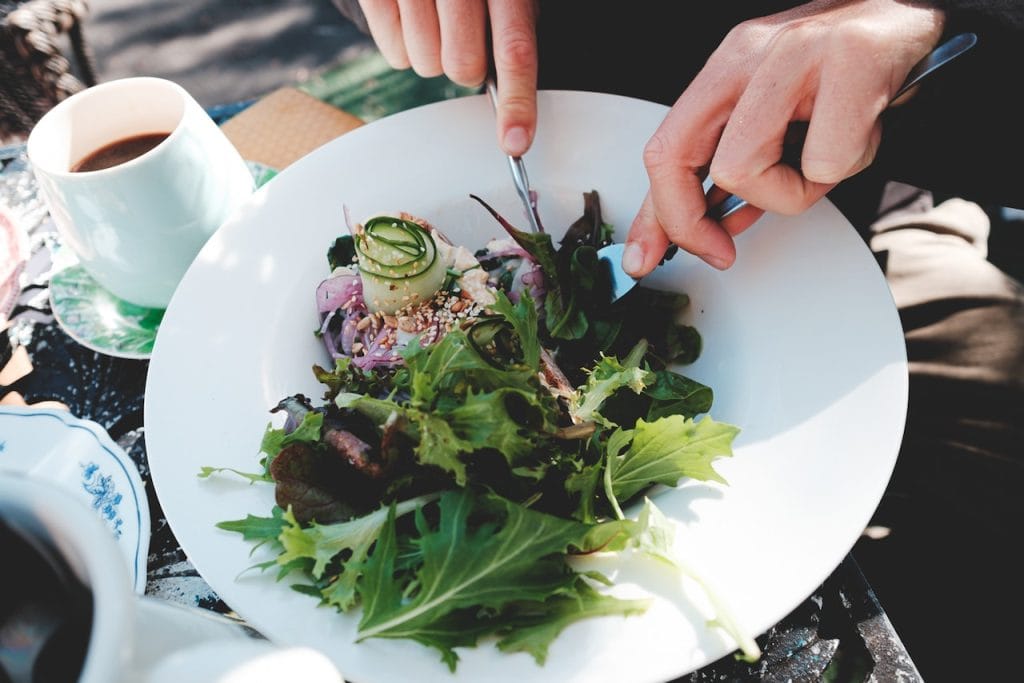The no-animal diet is becoming more and more popular, with some followers claiming it provides them with all the nutrients they need. We decided to check if this is true.
The fact that by adhering to a vegetarian diet, a person can get all the necessary microelements from food is written on portals dedicated to yoga, on sites manufacturers vegetarian products and restaurants, offering this menu option as well. On vegan resources approvedthat this is the “healthiest diet”, while diets that include meat are scary harmful both for the environment and for the person himself.
First of all, you need to understand what vegetarianism and veganism are. Vegetarianism, in essence, is simply giving up meat and sometimes some other foods. Often the adherence to these principles is closely related to religious reasons - for example, in India, where Buddhism, Jainism and other religions are widespread, implying ahimsa - the principle of non-harm to any living being. According to various estimates, between 20% and 37% of the Indian population follows a vegetarian or vegan diet. Veganism is not just a diet, but a whole ethical a system that includes abstaining from both animal products and clothing made from genuine leather, entertainment where animals may suffer (for example, the circus or bullfighting), cosmetics that are tested on animals, and much more.
Our analysis is devoted specifically to the nutritional system, so we will further use the terms “vegetarianism” and “veganism” in this sense. Plant-based diets are divided into many subtypes based on dietary restrictions:
- veganism — refusal of any animal products, including milk, eggs, honey, etc.;
- lacto- and ovo-vegetarianism (usually called simply vegetarianism, later for simplicity we will also call this type of diet that way) - refusal of meat, poultry and fish, consumption of milk and eggs is acceptable;
- quasi-vegetarianism — in addition to milk and eggs, it is permissible to eat fish and poultry;
- pescatarianism — in addition to products of plant origin, it is permissible to eat fish;
- raw food diet — you can only consume plant products without heat treatment;
- fruitarianism - it is permissible to consume only those plant products, the receipt or production of which does not lead to the death of plants (for example, you can pick an apple, since it does not harm the tree, but you cannot eat potatoes, since when it is dug up, the entire plant dies).
Most of the controversy surrounding vegetarianism stems from people's lack of awareness about what nutrients they can get and where they can get them from. The main argument of opponents of such nutrition is that without eating meat, the body will not receive protein and essential amino acids (those that a person cannot produce on their own) necessary for life. However, in fact, protein can be get and from plant foods - nuts, soy, legumes, etc. Nutritionists thinkthat vegetarians get enough protein, while “omnivores” just overdo it, which can have its own unfavorable consequences consequences. Likewise, with a varied vegetarian diet, there is no problems with amino acids.
Another problem that vegetarians may face is flaw gland. It is also found in plant products, however digestible of which is 1.8 times worse than that of meat. This means that those who adhere to a vegetarian diet need to consume iron-containing foods in much larger quantities than meat eaters. Moreover, if you combine the use of “plant” iron with vitamin C, its digestibility rises.
The American Dietetic Association and the Professional Association of Dietitians of Canada, after conducting numerous studies, came to conclusionthat a balanced and well-formulated vegetarian diet is a healthy and nutritious alternative to a regular diet.
Veganism, however, comes with a lot of risks. For example, without consuming dairy products, supporters of such a diet get significantly less calcium, which can lead to brittle bones. Calcium is also found in plant foods, but it is less absorbed, so, as in the case of iron, eat them need to quite a few.
Another microelement at risk is iodine. Man basically receives it is made from iodized salt, seafood and fortified milk. It is also found in seaweed, so vegans should use them in quantities sufficient to compensate for the lack of other sources.
The biggest problem a vegan diet is vitamin B12. His impossible obtain in sufficient quantities from plant foods, and in the meantime it is necessary for the formation of red blood cells, DNA synthesis, metabolism homocysteine (sulfur-containing amino acid in human cells), myelination (coating nerve cells with a protective layer) and the functioning of the central nervous system. Research show, that 60% of supporters of a plant-based diet (the authors do not divide them into vegans and vegetarians) have a B12 content in the body that is close to critically low. Therefore, the only option for vegans is to take this vitamin in tablet form or eat foods artificially enriched with it.
About the same situation The same applies to vitamin D - the problem is especially pressing for those who live in northern latitudes. This vitamin is produced in the body when exposed to the sun, but in northern countries - for example, Norway, Finland and large parts of Russia - there are few sunny days. The deficiency can be compensated for by animal foods (fatty fish, eggs, milk), but plant foods do not contain vitamin D. Therefore, to obtain it, vegans also have to turn to nutritional supplements. Although it is worth noting that nutrition - still not the main way to obtain vitamin D.
If you take vitamins and make up for the lack of nutrients, you can be a vegan without any damage to your health, but in Germany this is diet however, it is not recommended for children, adolescents, pregnant and lactating women - information about this is available on website government of the country with reference to the German Society for Nutrition.
At the same time, despite all the risks of plant-based nutrition, scientists believe that it also has advantages. Thus, vegetarians are less likely to suffer from obesity and increased cholesterol, and are also less susceptible to cardiovascular diseases diseases, diabetes the second type and even some types cancer. Since many people come to vegetarianism and veganism consciously, these people in general inclined take more care of their health, give up bad habits, and monitor their diet, so their diet can be even more varied and nutritious than that of meat-eaters.
Thus, a vegetarian diet can be nutritious and provide a person with all the necessary nutrients, many leading medical organizations agree with this. As for more strict diets - veganism and its extreme manifestations such as fruitarianism, then you cannot do without food additives and vitamin tablets. However, well-designed plant-based diets also have their own health benefits.
Half-truth
Read on the topic:
- Is it true that spinach contains exceptional amounts of iron?
- Is it true that separate meals are an effective way to lose weight?
- Is it true that low-fat foods are effective for weight loss?
If you find a spelling or grammatical error, please let us know by highlighting the error text and clicking Ctrl+Enter.








